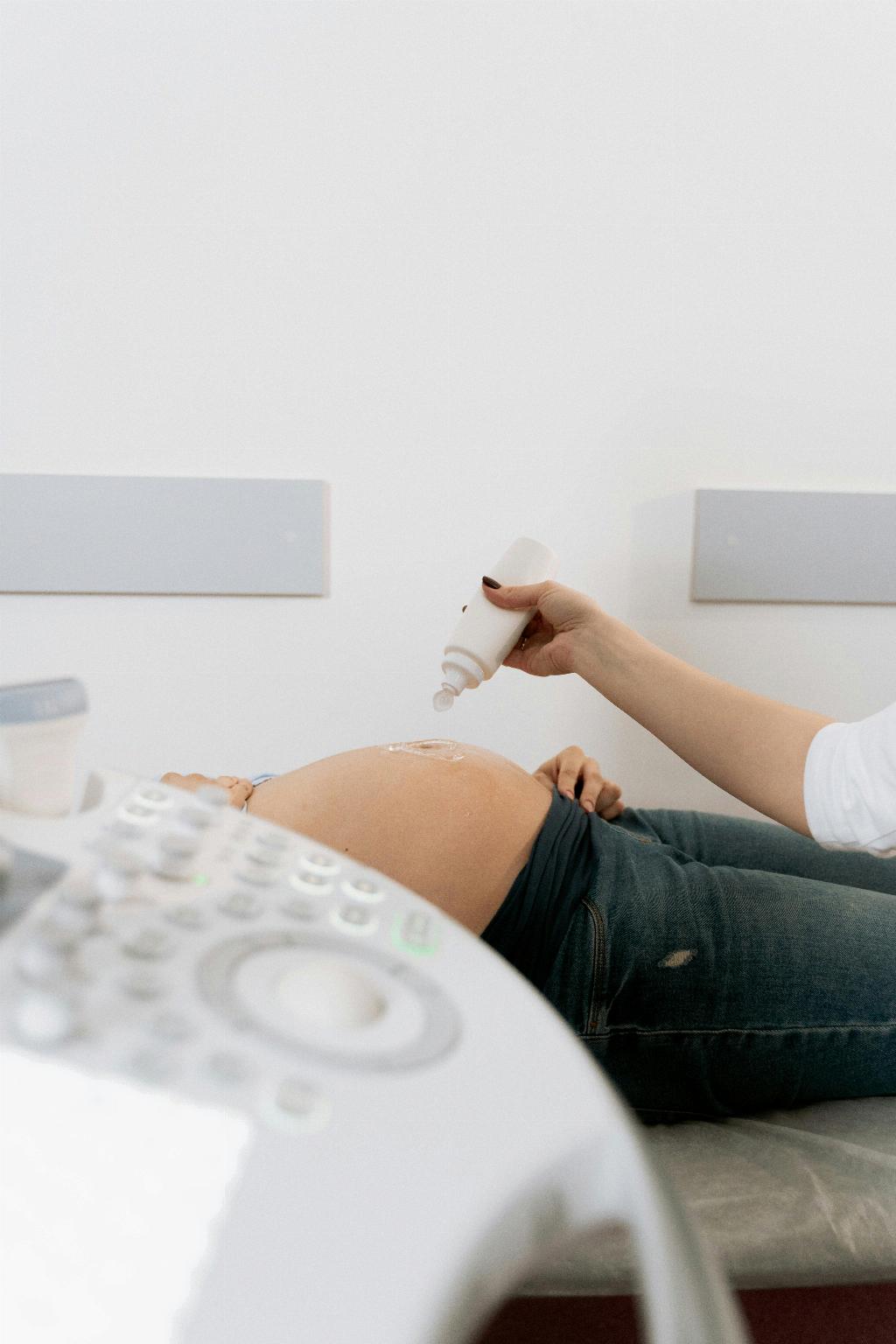When discussing ectopic pregnancies, one of the critical questions that often arise is how long it takes before an ectopic pregnancy becomes dangerous. It’s essential to understand the warning signs and potential risks associated with this condition to address it promptly and effectively.
The Timeline of Ectopic Pregnancy Risk
In general, the danger associated with an ectopic pregnancy typically peaks between 6 to 16 weeks of gestation. During this period, the structure containing the ectopic pregnancy may rupture, leading to severe consequences.
The Risks of a Ruptured Ectopic Pregnancy
A ruptured ectopic pregnancy can result in significant internal bleeding. If this bleeding is left untreated, it can lead to a condition known as hemorrhagic shock. In such a scenario, the body may struggle to cope with the blood loss, potentially putting the individual’s life at risk.
Recognizing Symptoms of a Dangerous Ectopic Pregnancy
It’s crucial to be able to identify the signs that an ectopic pregnancy may have become dangerous. Symptoms can include severe abdominal or pelvic pain, vaginal bleeding, dizziness, weakness, or fainting. If you experience any of these symptoms, seek immediate medical attention.
Complications of an Untreated Ectopic Pregnancy
Without prompt intervention, an ectopic pregnancy can lead to various complications, such as internal bleeding, infection, or damage to nearby organs. These complications can significantly impact a person’s health and well-being.
The Importance of Early Detection
Early detection of an ectopic pregnancy is crucial in preventing dangerous outcomes. Regular prenatal care and monitoring can help identify the condition before it reaches a point of critical risk.
Treatment Options for Ectopic Pregnancy
When diagnosed early, an ectopic pregnancy can often be managed through medication or minimally invasive procedures. In more severe cases, surgery may be necessary to address the condition and prevent further complications.
Monitoring and Follow-Up Care
Following treatment for an ectopic pregnancy, ongoing monitoring and follow-up care are essential to ensure the condition has been fully resolved and to address any potential long-term effects on reproductive health.
Emotional Impact of Ectopic Pregnancy
Coping with the diagnosis and treatment of an ectopic pregnancy can be emotionally challenging. It’s essential for individuals to seek support from healthcare professionals, loved ones, or support groups to navigate this difficult experience.
Preventive Measures and Risk Reduction
While ectopic pregnancies cannot always be prevented, certain factors, such as history of pelvic inflammatory disease or previous ectopic pregnancies, can increase the risk. Understanding these factors and taking preventative measures can help reduce the likelihood of experiencing an ectopic pregnancy.
Conclusion: Prioritizing Health and Awareness
In conclusion, the danger associated with an ectopic pregnancy typically escalates between 6 to 16 weeks, with the risk of a rupture leading to severe complications. Being aware of the symptoms, seeking early detection, and accessing timely treatment are crucial steps in addressing this condition effectively and minimizing associated risks.

